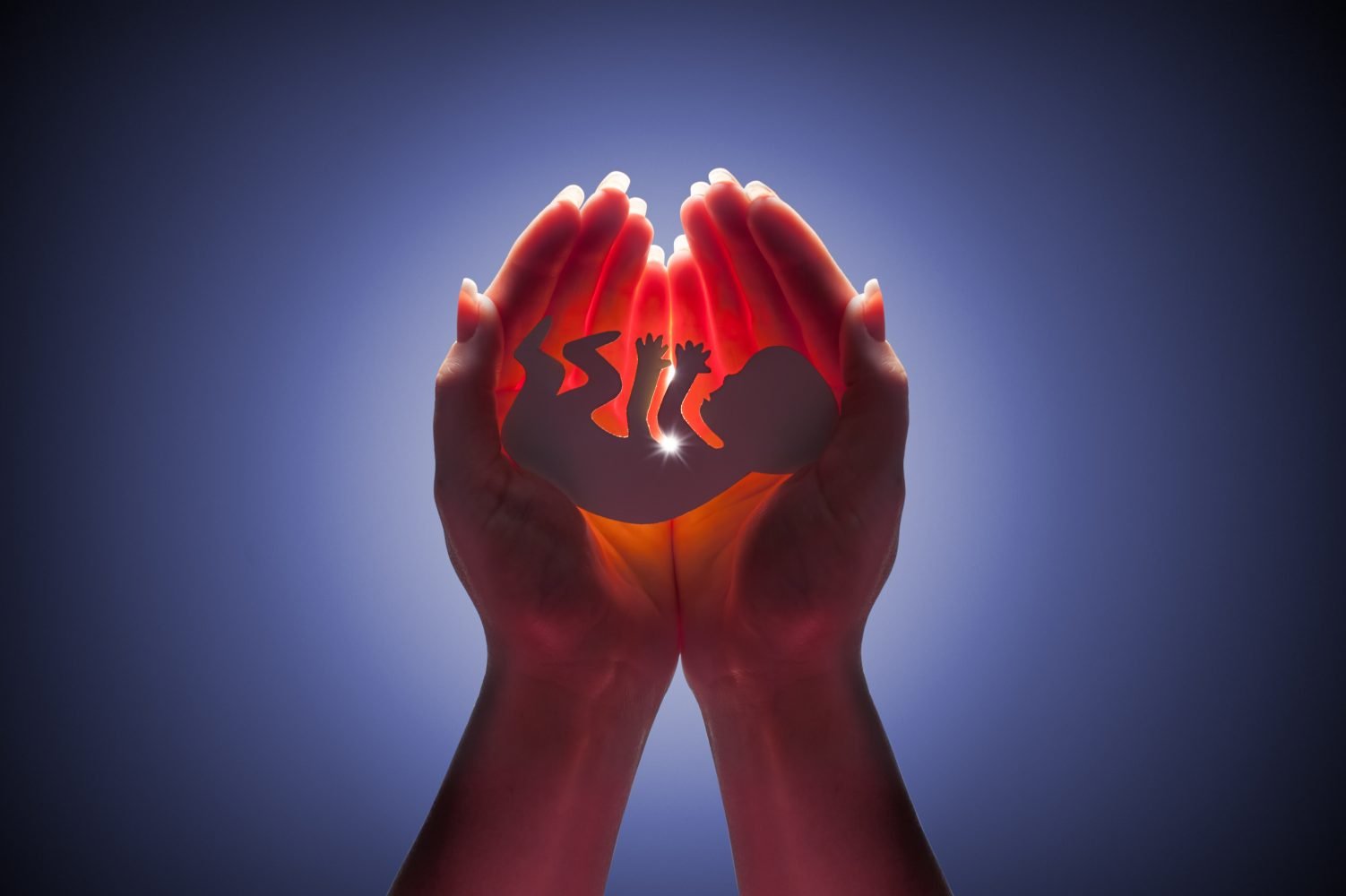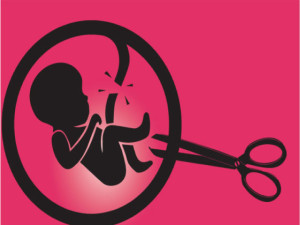Ethical issues on abortion
 |
| Image Source: Yaqeen Institute |
Abortion
is a practice that has raised many controversies in many countries across the
world. It has raised many questions on whether it is morally right or dissolute.
Some people view it as right and support its legalization, while others
consider it to be morally wrong and advocate for its illegalization. Medically,
abortion is any form of pregnancy termination before its maturity period. The
issue of abortion has raised significant debates in various countries. The main
contentious issue has been whether abortion should be encouraged or abolished.
Some humanitarian organizations have always supported abortion in situations
where the mother’s life is under serious threats from a pregnancy. Other groups
such as churches lobby for the illegalization of abortion. They also advocate
for legal and harsh measures against those who practice the act. A noteworthy
number of persons also believe that abortion is a two-sided issue. In this
case, they argue that a woman has the right to choose between a pro-choice
position and a pro-life position.
Those
engaging in the debate fail to understand that there are many different
positions revolving around abortion issues. It is possible for a woman to
believe that practicing abortion is morally wrong, but still act in favor of
pro-choice. The issue of abortion needs close examination of the utilitarian
approach, where morality refers to an act based on the principle of the greatest
happiness (American Public Health Association,
2007). Many countries across the world advocate for illegalization of
abortion, but health matters and other challenges among women force them to
terminate their pregnancies. However, although I would not have an abortion, I
do not hate people who have them. The paper, thus, discusses the moral issues
on abortion that validates it as a right to women.
There
are six positions on pro-choice and the pro-life scale of abortion issues.
Three of them deal with pro-life whereas the other three deal with pro-choice.
Pro-life is a position that focuses on the right to life. This position
considers life as consecrated while abortion is termed as immoral. Fetuses have
life like other human beings and it is essential to protect their life. This
position emanates from various religious groups, which states that it is only God
with the authority over life and death (Walsh,
2010). People should not take these powers by engaging in abortions
because it is an act of terminating the fetus’s life. The other position
focuses on the health of the woman and the life of a fetus. Women are more
important than the fetuses in them. Their health and moral worthiness is also greater
than that of the fetus. It is, thus, essential to consider their priorities
first because they have other social responsibilities to undertake. This
includes taking care of the other children in the family.
The
other pro-life position is the issue of unwanted and unplanned pregnancies.
This involves pregnancies conceived during rape cases, incest incidences, or
sexual activities among teenagers. In these situations, the mental health of a
woman can be at stake. Maintaining this pregnancy can cause psychological harm mother
and the child. Child rejection by the parent may occur because, in most cases,
they bring unhappiness to their mothers. The fourth pro-life position is that
women should have the freedom of their bodies
(American Public Health Association, 2007). Abortion is immoral, but legalizing
it is essential to enhance peace in women. The government should not interfere
with individuals’ right to choose what is good for their lives. Government
intervention violates the right of individuals to make personal decisions.
The
theory of utilitarian helps to analyze the issue of abortion in the country as
postulated in various sociological approaches. This approach considers the
morality of abortion by basing it on the principle of great happiness.
Analyzing the issue of abortion through utilitarian allows an individual to
determine, which position to support. Stuart Mill, the greatest father of utilitarianism
indicates that the level of pleasure determines moral standards of actions. The
greatest quality of happiness created for the largest number of people in the
nation helps to determine moral values of
abortion (Walsh, 2010). In this case, the
theory of utilitarianism analyses the position of abortion through focusing on
it and comparing it with the principle of the greatest happiness.
The
initial position on where individuals hold abortion issues is the situation of
extreme pro-life. This position indicates that the issue of abortion is immoral
at all costs adding that it should be illegal without any exceptions.
Individuals in society who are in favor of this position indicate that an abortion
is morally wrong because every individual has the right to life. A fetus is an
unborn human being with a life of its own. Individuals holding this position
tend to believe that unborn children have life, regardless of their physical
position and development (Bullock, 2004).
This position justifies that the decision of individuals to secure an abortion
is a way of robbing the future a potential human being. This position ties to
the teaching of the Bible, which holds the sanctity of human life and that
individuals should not have any power over death or life. Similar to all human
beings, this position indicates that fetuses have an important life, which
needs preservation.
The
second position addressing this issue indicates that an abortion is depraved
and criminalized. Kant’s
theory reinforces this position since it states that no action proofs to be
good through the use of the Categorical Imperative, but only proves an action
to be immoral. The
position stipulates that an abortion is only necessary when the wellbeing and
health of a woman are in jeopardy (Walsh, 2010).
This position weighs the right to life of the unborn child by comparing it to
that of the mother. The life of the mother, thus, seems to outweigh that of the
unborn child making it ideal to end a pregnancy in order to save the mother.
Individuals in support of this position indicate that the life of a woman holds
more value than that of a child because of the pre-existing relationships of
the mother. In addition, the mother also has the potential of bearing other
children in the future.
Although
it is morally wrong to terminate a pregnancy before its maturity time, the
health risks that a pregnancy can predispose a woman to accept the practice of
abortion in certain circumstances. In this case, abortion is the most effective
way of saving the life of a mother when dangerous pregnancy complications
arise. Many people argue that it is important to legalize abortion through allowing
women to access healthy abortions from legal practitioners whenever health
risks arise during pregnancy. Studies show that approximately 20% of women
suffer from pregnancy-related complications. These complications cost the lives
of many women if abortion is not procured (Donohue
& Levitt, 2001). This proves that if abortion is completely abolished, many
lives of pregnant women will be lost through pregnancy-related health
complications.
References
American Public Health
Association. (2007). The right to abortion for all women. American Journal
Of Public Health, 67(1), 106-107.
Bullock, J. R. (2004).
Abortion Rights In America. Brigham
Young University Law Review, 19(1), 63-94.
Donohue, J. J., &
Steven, D. L. (2001). The Impact of Legalized Abortion on Crime. The
Quarterly Journal of Economics, 116(2), 379-420.
Walsh, K. P. (2010).
Abortion: rights, responsibilities, obligations. The American Journal of
Bioethics, 10(12), 63-64.

Comments
Post a Comment